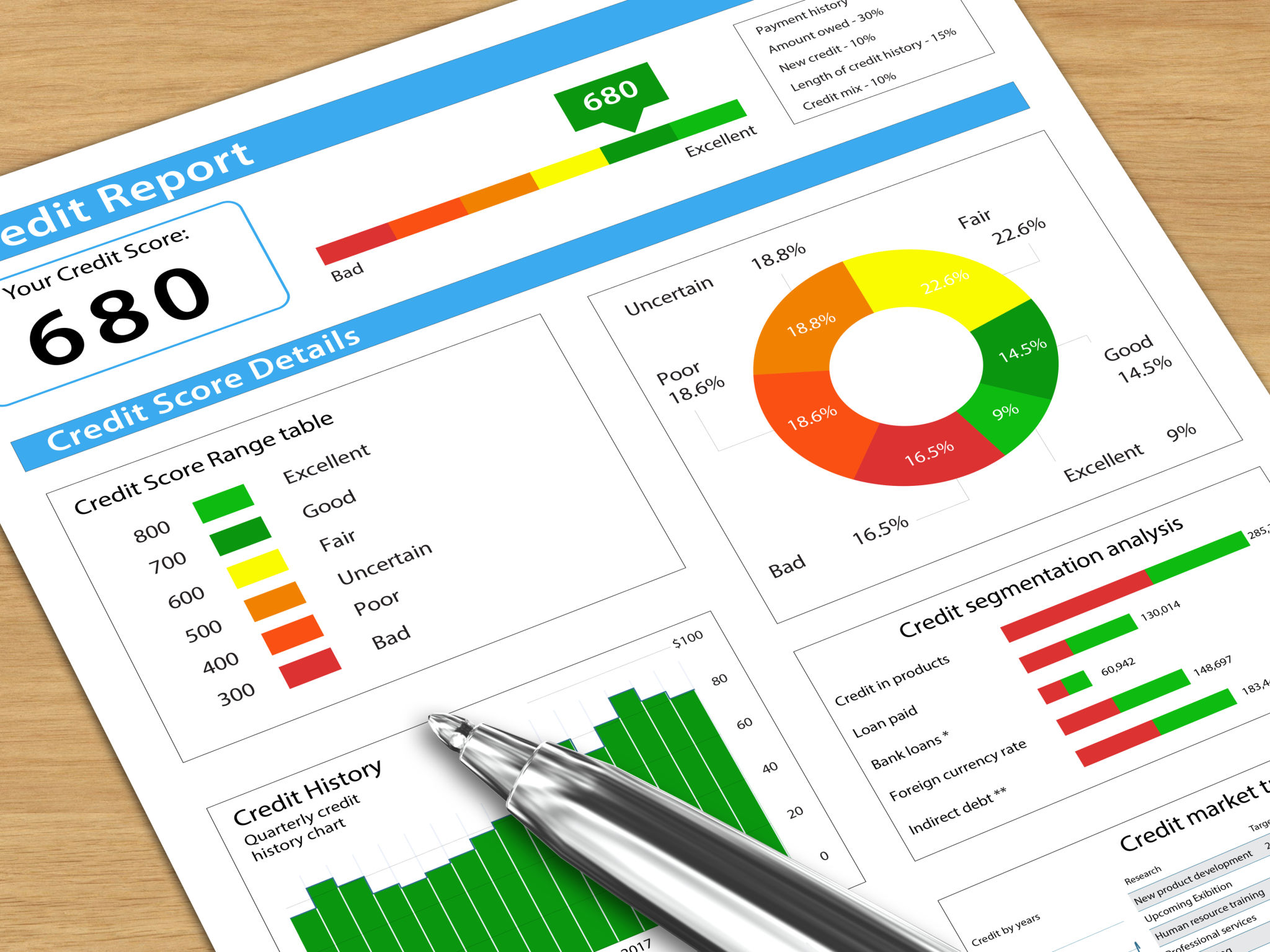Top Strategies for Establishing Business Credit Lines
Understanding the Importance of Business Credit Lines
Establishing business credit lines is a crucial step for any growing company. They provide essential financial flexibility, enabling businesses to manage cash flow more effectively and invest in growth opportunities. A solid business credit profile can also enhance your company’s reputation and open doors to new partnerships.
For many entrepreneurs, understanding how to build and maintain a strong business credit line can be daunting. With the right strategies, however, you can position your business for financial success and sustainability.

Steps to Establish Business Credit Lines
1. Register Your Business
The first step in establishing business credit is ensuring your business is legally registered. This includes obtaining an Employer Identification Number (EIN) from the IRS, which acts like a Social Security number for your business. Being formally recognized as a business entity provides the foundation needed to build credit.
2. Open a Business Bank Account
Separating your business finances from personal ones is essential. By opening a dedicated business bank account, you not only simplify bookkeeping but also establish a clear financial trail. This step is crucial for building credibility with credit agencies and potential lenders.
3. Apply for a Business Credit Card
A business credit card is one of the easiest ways to start building your business credit profile. Make sure to choose a card that suits your company's spending habits and offers rewards or benefits that align with your business goals. Consistent use and timely payments will help raise your credit score over time.

Building a Solid Credit Profile
4. Work with Vendors that Report to Credit Bureaus
Establishing accounts with vendors that report to business credit bureaus can significantly impact your credit profile. Choose suppliers who offer credit terms and use them consistently. Ensure you pay your invoices on time to positively influence your credit history.
5. Monitor Your Business Credit Report
Regularly monitoring your business credit report is vital for maintaining a healthy credit score. Review your report for any inaccuracies or discrepancies, and address them promptly. Services like Dun & Bradstreet, Equifax, and Experian provide access to business credit reports.

Maintain and Grow Your Business Credit
6. Pay Your Bills on Time
Timely payments are the backbone of a strong business credit profile. Late payments can significantly impact your credit score, so prioritize paying all your bills on or before their due dates. Consider setting up automated payments to ensure consistency.
7. Manage Your Credit Utilization Ratio
Your credit utilization ratio, which measures how much of your available credit you're using, plays a significant role in your credit score. Aim to keep this ratio below 30% to maintain a good standing. Regularly review your spending and adjust as needed to keep it in check.
By following these strategies, you can establish and maintain a robust business credit line, paving the way for future financial stability and growth opportunities.
